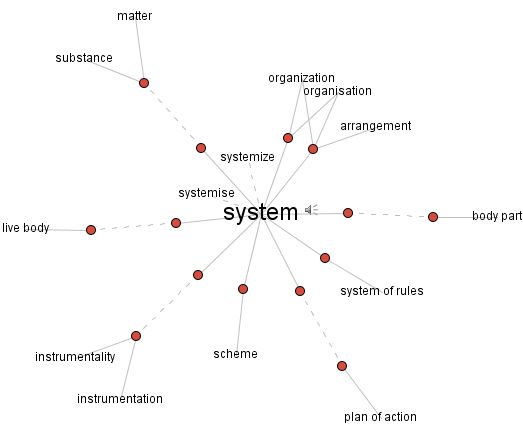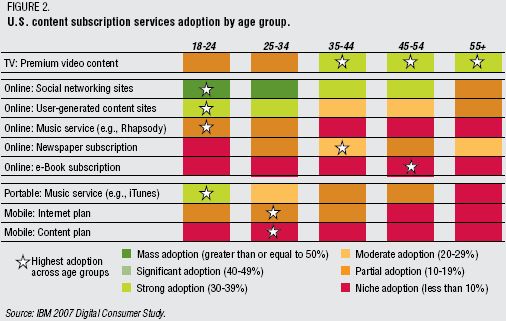When I can’t figure out where an author “is coming from”, I look at the list of references. Sometimes, this leads to philosophy. The best way to learn philosophy is a slow path of discussion in a seminars. For people with less time, I’ve discovered the web version of Glyn Hughes’ Squashed Philosophers books.
Is this a reasonable way to read philosophy? Hughes comments:
Philosophers are generally appallingly bad writers and you’re after ideas, not precise words.
Hughes suggests that you might be able to pass an exam by reading Squashed Philosophers, although for Squashed Divines and Squashed Writers, you would really need to access the original texts.
In addition, the original texts of many philosophers are translations, and there are often multiple translations from which to choose.
When I can’t figure out where an author “is coming from”, I look at the list of references. Sometimes, this leads to philosophy. The best way to learn philosophy is a slow path of discussion in a seminars. For people with less time, I’ve discovered the web version of Glyn Hughes’ Squashed Philosophers books.
Is this a reasonable way to read philosophy? Hughes comments:
Philosophers are generally appallingly bad writers and you’re after ideas, not precise words.
Hughes suggests that you might be able to pass an exam by reading Squashed Philosophers, although for Squashed Divines and Squashed Writers, you would really need to access the original texts.
In addition, the original texts of many philosophers are translations, and there are often multiple translations from which to choose.




